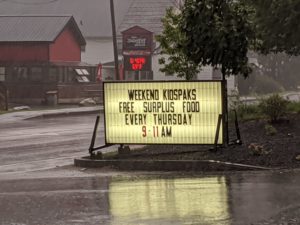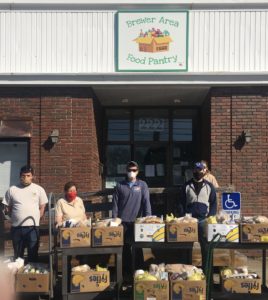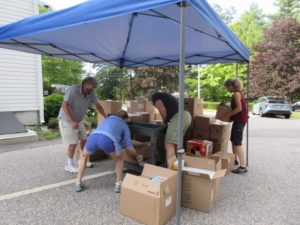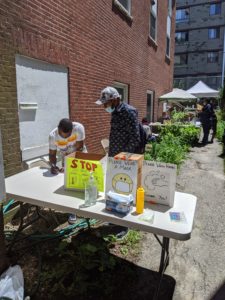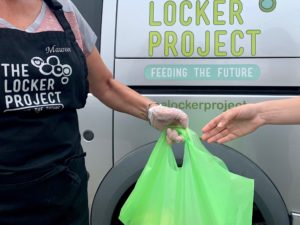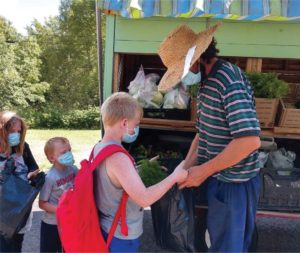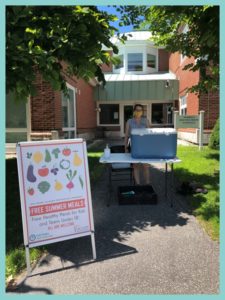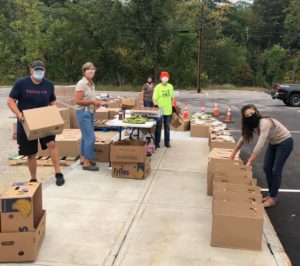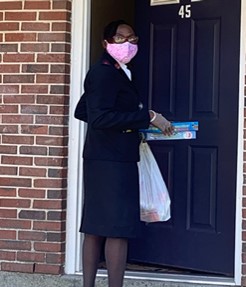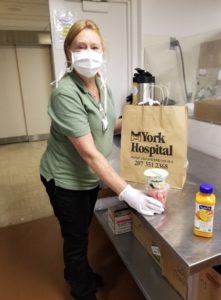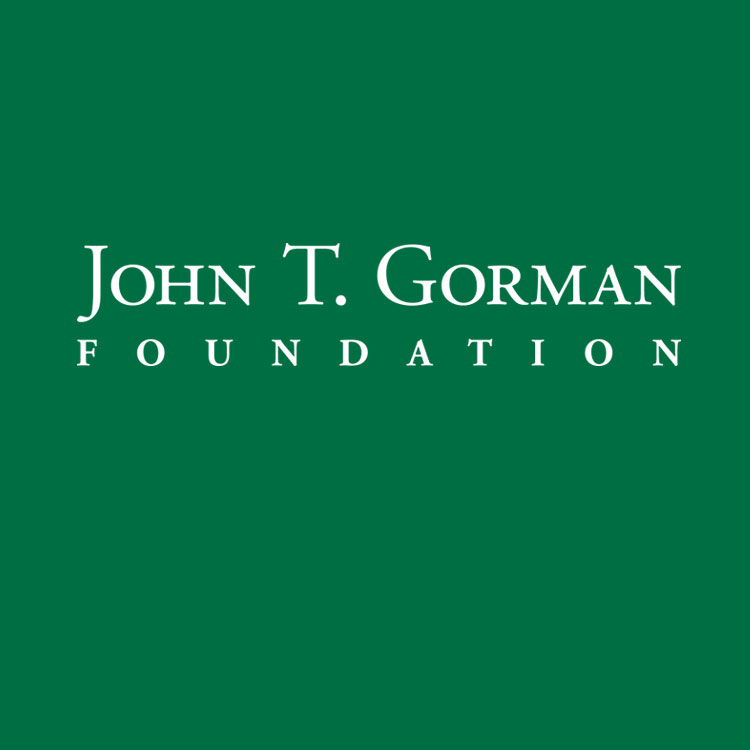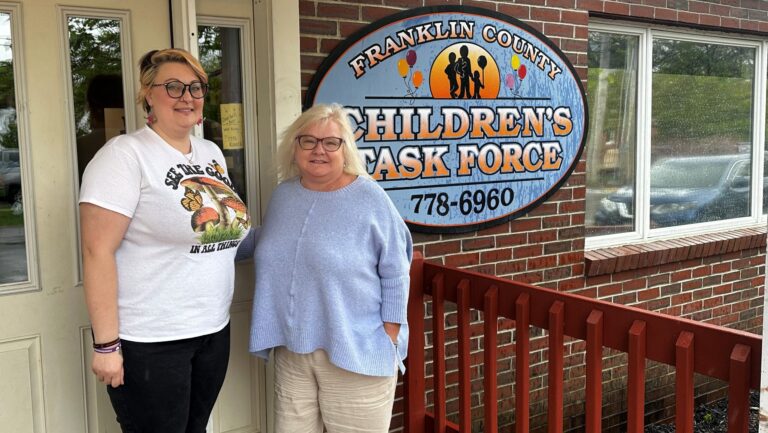The John T. Gorman Foundation’s annual Direct Services Grant Program funds the work of nonprofits to meet the critical needs of vulnerable children, youth, families, and seniors across Maine’s 16 counties. In any given year, these organizations make an impressive impact on low-income Mainers. That is especially true in 2020, as the COVID-19 pandemic has both increased the demand for these kinds of services while at the same making them much more difficult to deliver.
These updates from grantees provides a snapshot – or, rather, snapshots – of how they are rising to this exceptional challenge. (NOTE: a full list of 2020 grantees is available here.)

